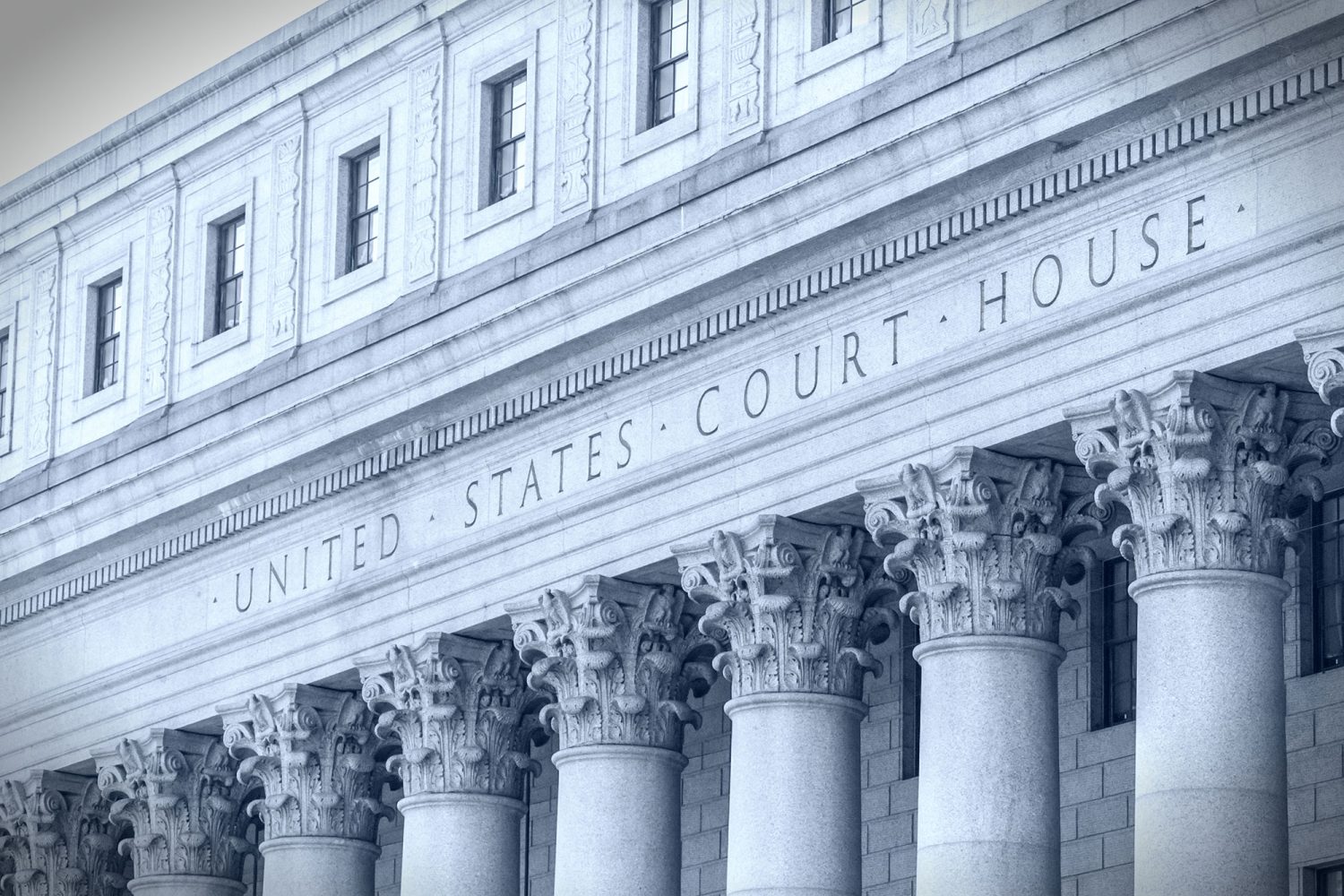Insider Trading on Capitol Hill

America’s distrust in the U.S. government and its lawmakers is at an all-time low. While there is not a single reason for this pervasive skepticism, the daily scandals and controversies that emerge from Congress are probably a good start. One glaring example occurred in the wake of the COVID-19 pandemic when numerous members of Congress were investigated for potential insider trading. While the government was preparing to initiate a nationwide lockdown, the very lawmakers who pledged to serve the public were selling large amounts of stock in anticipation of a market crash. How are Americans supposed to trust lawmakers who are acting in their own self-interest, for financial gain, on information not generally available to the public?
Given the press coverage around Congress’ penchant for trading stocks and realizing that credibility on Capitol Hill was rapidly diminishing, earlier this year, Senator Ben Sasse of Nebraska (R) reintroduced the Ethics Reform Act. This bill would, among other things, ban members of Congress from trading individual stocks. While the Ethics Reform Act remains unpassed, let’s review the laws on insider trading and their relation to the stock trading activity of Congress.
What is Insider Trading?
Insider trading is a term that is often used but not fully understood. Insider trading became illegal in the U.S. in 1934 after Congress passed the Securities Exchange Act. The U.S. Securities and Exchange Commission (the SEC) defines “insider trading” as “buying or selling a security in breach of a fiduciary duty or other relationship of trust and confidence, while in possession of material, nonpublic information about the security.” For example, imagine a CEO of a publicly traded company tells a friend that their company is going to be purchased by a competitor prior to any public announcement. The friend then makes a trade in the company stock based on that non-public information. This is a classic example of insider trading, which is illegal for both the CEO who relayed the nonpublic information and the friend who traded on that nonpublic information.
Insider trading is problematic and illegal because it gives an unfair advantage to certain investors, affects the information available to the market, and can artificially influence the value of stocks. One significant market move (or, in the case of Elon Musk, a tweet) from a single individual can result in a domino effect in the price of a stock.
THE STOCK Act
The only current law specifically intended to regulate the trading activity of Congress is the STOCK Act (The Stop Trading on Congressional Knowledge Act), signed into law on April 4, 20212. The STOCK ACT requires members of Congress to report stock trades within 45 days of the transaction.
In the past year, based on various investigations, approximately 66 members of Congress have violated the STOCK Act. However, the STOCK Act’s penalties are so minimal (typically a $200 fine) that there is no deterrent in complying with the disclosure obligations imposed by the law. Thanks to some in-depth investigation reporting (unusualwhales.com is an excellent resource to get further information on this), it appears that members of Congress are taking huge advantage afforded by the lack of any real regulatory oversight into their stock trading activity.
Abnormal Stock Returns in Congress
At a time when millions of Americans are struggling financially, members of Congress have traded extraordinarily well during the pandemic. This juxtaposition has led directly to the public sentiment that the trading activity of Congress must be curbed. The problem lies in the fact that members of Congress typically possess information that the public does not. The pandemic highlighted this issue, as Congress was briefed on the risks of COVID-19 before the public and before the March 2020 market crash.
Lawmakers were likely aware of the FDA’s approval of the COVID-19 vaccine before the news broke to the public. Approximately 93 senators and representatives held stock in Johnson and Johnson and Pfizer stock once the pandemic broke out in March 2020. Several spouses of these lawmakers held stock in Moderna in 2020 as well and traded thousands of dollars worth of company stock throughout the pandemic. Moderna and Pfizer stocks typically tended to fluctuate throughout the pandemic, but when talk of vaccine approval began, these stocks rose exponentially. In January 2020, Moderna stock sold for roughly $20 a share; in September 2021, the stock hit $455.
In March of 2020, the Department of Justice launched an investigation into the trading activity of Senators Richard Burr, and Kelly Loeffler, among others. While those investigations are now closed, and no charges were initiated against any lawmaker, the issues raised are troubling, to say the least. For example, Senator Burr and his wife traded between $628,000 and $1.7 million worth of stock in thirty-three transactions while at the same time stating to the public that the government had the coronavirus pandemic under control. At a minimum, signaling to the public that all is well while trading on the information in his possession raises ethical issues.
Ending Trading for Congress
Speaker of the House, Nancy Pelosi (whose stock trading, along with her husband, has come under scrutiny), initially opposed (I know, shocking) a stock trading ban, citing that the market is a “free market economy” and lawmakers “should be able to participate,” in trading on the market. She has since reversed her position on the issue — it appears that public sentiment is putting pressure on the hypocrisy of Congress to act on a long overdue issue.
While the Ethics Reform Act continues to collect dust, only time will tell if we see a long overdue change to the status quo, which has allowed members of Congress to enrich themselves while simultaneously undermining the trust of the American people.
